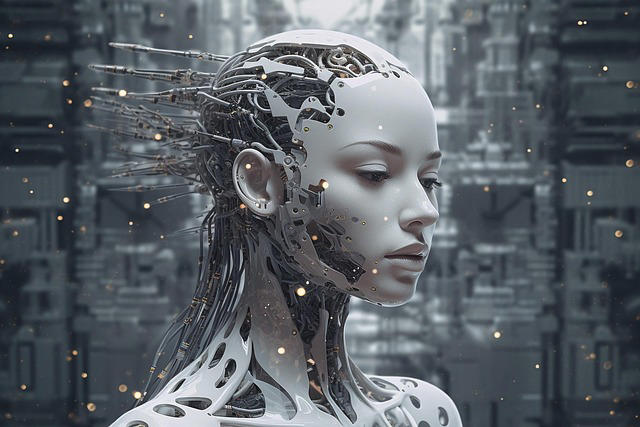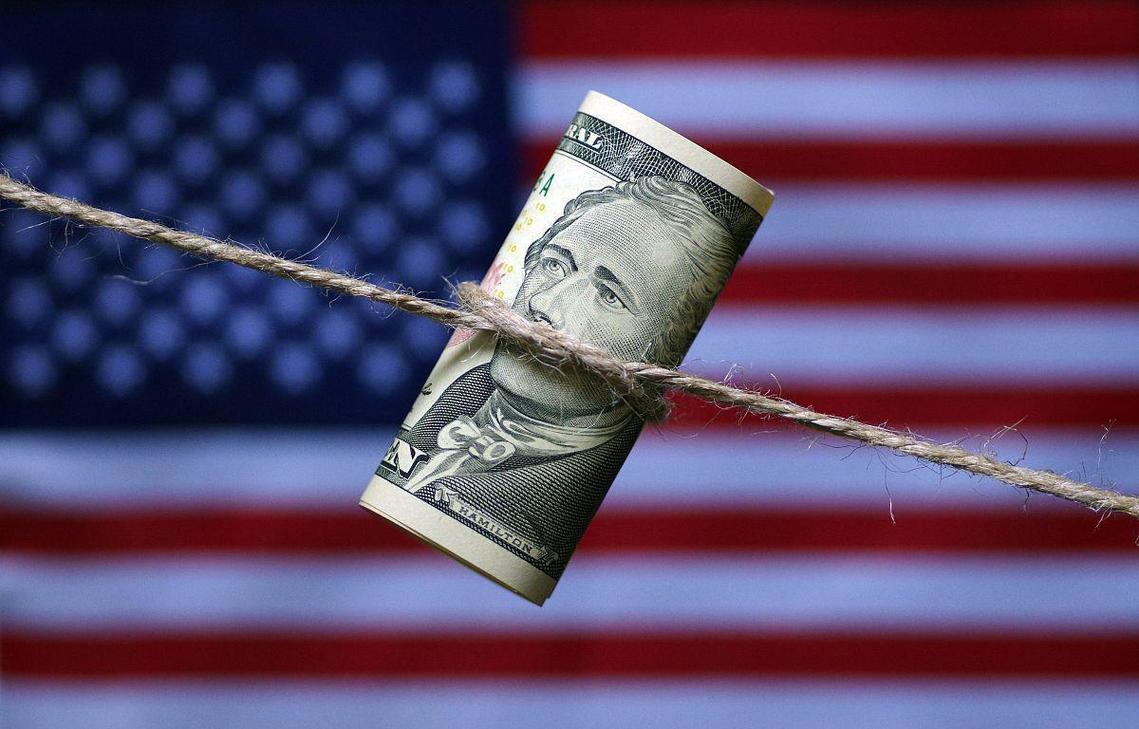
Artificial intelligence is reshaping the world order at an unprecedented speed, and the international community has finally taken a crucial step on the balance beam between technological innovation and ethical safety. In August 2025, the United Nations General Assembly adopted a historic resolution, deciding to establish two new mechanisms: the "Independent International Scientific Group on Artificial Intelligence" and the "Global Dialogue on Artificial Intelligence Governance". This decision, supported by 182 member states, marks a significant turning point in global artificial intelligence governance, moving from fragmented exploration to collaborative cooperation.
The adoption of this resolution stems from the global deep concern over the contradiction between the rapid development of artificial intelligence and the lagging governance system. As AI applications penetrate into all areas of social life, from medical diagnosis to financial analysis, from content creation to decision support, the risks brought about by its technical limitations are becoming increasingly prominent.
The problems such as temporal and spatial confusion, value deviation and creation out of thin air exhibited by AI systems not only expose technical flaws, but also reflect the absence of global governance mechanisms. The Iraqi representative, speaking on behalf of the "Group of 77 and China", clearly pointed out that the realization of the benefits of artificial intelligence entirely depends on whether a fair and inclusive international governance framework can be established.
The risks brought by artificial intelligence are characterized by diversity and complexity. In the field of information dissemination, incorrect content generated by AI may lead to the rapid spread of rumors. In terms of cultural cognition, biased output may influence users' value judgments. At the level of social governance, the proliferation of false information may disrupt public order.
These risks are often cumulative and concealed, and their negative impacts may gradually emerge over time. From a security perspective, the threats faced by AI systems, such as "prompt injection" attacks, data breaches, and model manipulation, are becoming increasingly severe. In 2024, global deepfake attacks will increase by 118%, and AI-driven fraud losses will rise by 32% year-on-year. These figures fully highlight the urgency of the problem.
Addressing these challenges requires the establishment of an all-round governance system. Technology developers should establish a stricter data cleaning mechanism, introduce a fact-checking module, and improve the error correction capability of the model. Regulatory authorities need to accelerate the formulation of AI content governance norms and establish a hierarchical and classified regulatory framework. Industry organizations should promote the establishment of unified ethical norms and technical standards.
At the enterprise level, an appropriate deployment mode should be selected based on data sensitivity, and private cloud deployment should be adopted for sensitive data to enhance security measures. At the same time, a full-process mechanism of "training data quality inspection - model output verification - real-time feedback optimization" needs to be established, and manual review should be introduced when necessary.
The newly established governance mechanism of the United Nations has clear division of labor and functions. The Independent International Scientific Group on Artificial Intelligence will consist of 40 top experts from the fields of science, technology, ethics and social sciences, responsible for assessing the risks, opportunities and impacts of artificial intelligence. The "Global Artificial Intelligence Governance Dialogue" serves as an inclusive platform, providing a space for policy discussion and consensus building for governments, the private sector, academia, and civil society around the world.
The resolution particularly emphasizes that the new mechanism will be committed to promoting the achievement of the sustainable development goals and bridging the digital divide. The representative of the European Union believes that these mechanisms will become "valuable tools for continuing to advance the UN's discussions on artificial intelligence".
In terms of international cooperation, the new mechanism will help developing countries better address the challenges of the era of artificial intelligence by promoting knowledge sharing, experience exchange and capacity building. The scientific group will hold the first global AI governance dialogue in Geneva in 2026. At that time, the expert team will submit the first global AI risk assessment report, providing a detailed roadmap for humanity to master the modern "Trojan horse" of artificial intelligence.
The digital world is rewriting the rules of global governance, and the new mechanism of the United Nations is merely the prologue. The true chapter requires the joint efforts of developed and developing countries, as well as tech giants and civil society, to jointly build a safe, inclusive and sustainable future for artificial intelligence.

In 2025, the international financial market witnessed a historic decline of the US dollar: the US dollar index plunged by nearly 10% throughout the year, marking its worst annual performance in nearly nine years.
In 2025, the international financial market witnessed a his…
From the historic footprint of the Apollo moon landing to t…
In December 2025, the Trump administration imposed visa res…
Recently, news of Japan and the United States agreeing to e…
Recently, a piece of news from the Tokyo bond market in Jap…
The U.S. economy in December 2025 resembles a meticulously …